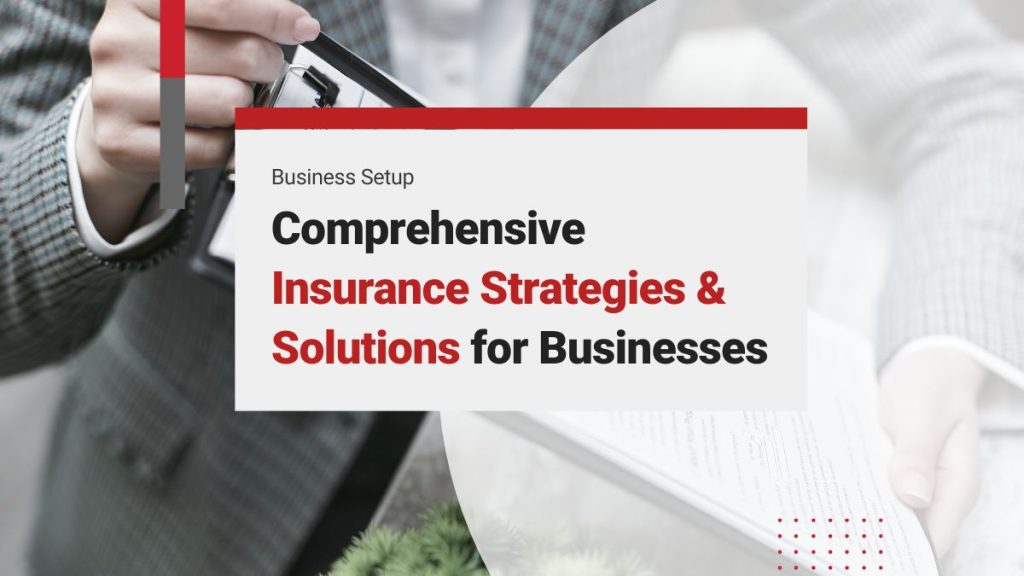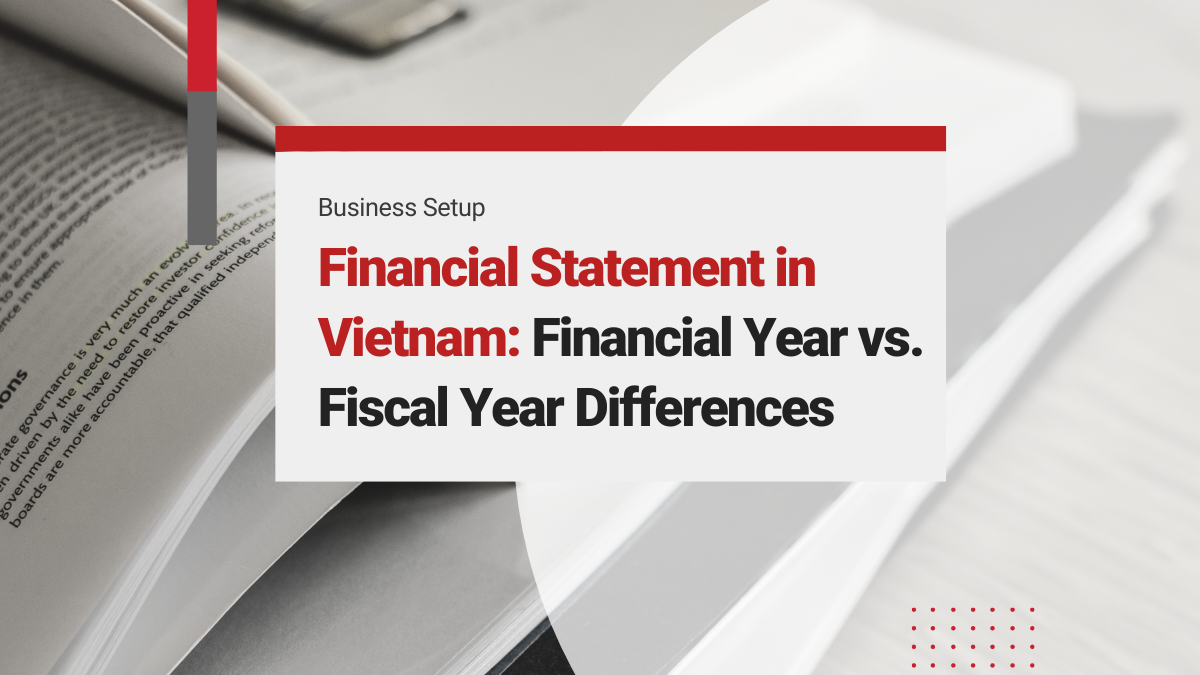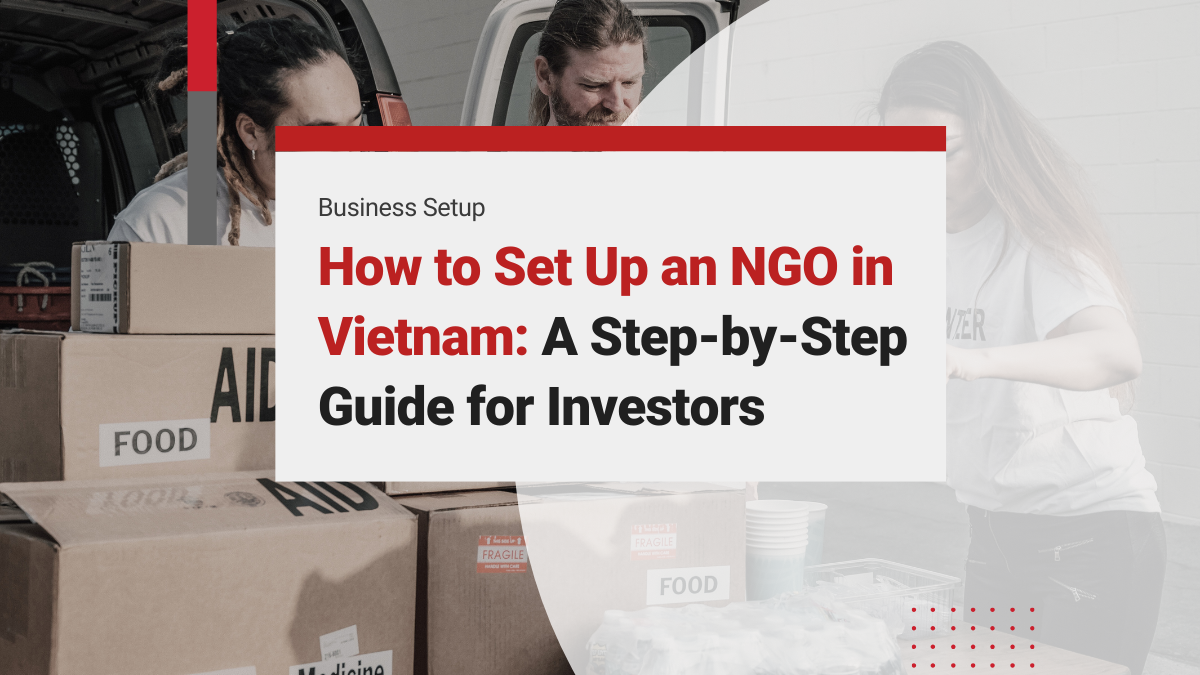Every business, regardless of size, faces risks that can jeopardize its financial stability. From property damage and lawsuits to unexpected health issues among employees, these challenges can be overwhelming without proper protection – business insurance.
A comprehensive insurance strategy is essential to safeguard your business and its assets. Beyond protecting your physical property and financial interests, providing group health insurance demonstrates your commitment to employee well-being and can boost morale and retention. This guide will equip you with the knowledge to build a robust insurance plan that caters to your business’ specific needs.
Read More: Vietnam Social Insurance: Social, Health & Unemployment Insurance (SHUI) for Employees
Understanding Your Business Needs
Before diving into specific insurance coverages, it’s crucial to assess your business’s unique risk profile. This involves a thorough evaluation of several factors.
Identify Potential Risks
Conduct a comprehensive risk assessment: Identify potential hazards, liabilities, and threats to your business operations.
Hazards
- Natural disasters: Earthquakes, floods, hurricanes, wildfires, etc.
- Weather-related events: Storms, extreme temperatures, etc.
- Environmental hazards: Pollution, contamination, etc.
- Fire and explosions: Electrical malfunction, faulty equipment, etc.
- Workplace accidents: Slips and falls, equipment malfunction, etc.
- Property damage: Vandalism, burglary, etc.
Liabilities
- Product liability: Defects in products causing harm or property damage
- Professional liability: Errors or omissions in professional services
- General liability: Bodily injury or property damage caused by business operatiuons
- Employment liability: Discrimination, harassment, wrongful termination, etc.
- Environmental liability: Pollution or environmental damage
- Intellectual property infringement: Unauthorized use of patents, trademarks, or copyrights
Threats
- Cybersecurity threats: Data breaches, malware attacks, ransomware, etc.
- Economic downturns: Recessions, market fluctuations, etc.
- Supply chain disruptions: Delays, shortages, quality issues, etc.
- Competition: Market entry, price wars, etc.
- Regulatory changes: New laws or regulations affecting business operations
- Reputational damage: Negative publicity, scandals, etc.
Analyze your Industry
Research common risks within your sector to ensure adequate coverage.
Evaluate your Business Operations
Consider the nature of your business activities and the potential for accidents, injuries, or property damage. For example, a small restaurant in a tourist-heavy area might prioritize property insurance to cover potential damage from natural disasters or vandalism. However, they should also consider liability insurance to protect against claims from food poisoning or injuries on the premises.
Determining Your Coverage Needs
- Business Size and Revenue: Larger businesses typically require more extensive coverage compared to smaller enterprises.
- Number of Employees: The size of your workforce will influence the need for workers’ compensation and liability insurance.
- Location: Factors like geographic location and natural disaster risks can impact insurance requirements.
By carefully considering these factors, you can develop a tailored insurance strategy that effectively protects your business.
As an example, a small retail business with a limited number of employees and moderate revenue may be able to afford more basic insurance coverage, such as general liability, property insurance, and workers’ compensation. However, with a small workforce, the need for workers’ compensation insurance is less extensive. If the business is located in a low-risk area with minimal natural disaster threats, the insurance premiums for property and business interruption coverage may be lower.
Core Insurance Coverages
A solid insurance foundation is built upon essential coverages that protect your business’s core assets and operations. Below is an overview of key insurance types.
Property Insurance
This coverage safeguards your physical assets from losses due to fire, theft, vandalism, and natural disasters. It typically includes:
- Building Coverage: Protects the structure of your business premises.
- Equipment Coverage: Protects your stock and merchandise.
- Business Interruption Insurance: Provides financial support during business downtime due to covered losses.
- Commercial Auto Insurance: If your business owns or operates vehicles, this coverage is essential to protect against accidents, theft, and liability claims.
Liability Insurance
Liability insurance protects your business from claims of bodily injury or property damage caused by your operations. Key types include:
- General Liability Insurance: Covers common risks like slips and falls, property damage, and bodily injury claims.
- Professional Liability Insurance (errors and omissions): Protects professionals from claims arising from mistakes or negligence.
- Product Liability Insurance: Covers claims related to defective products or injuries caused by your products.
- Data Breach Insurance: In today’s digital age, this coverage helps mitigate the costs of a data breach, including legal fees, public relations, and customer notification.
- Directors and Officers Insurance: D&O insurance protects company directors and officers from personal financial loss due to lawsuits arising from their corporate roles.
Selecting the right insurance coverage can be complex. For expert guidance and tailored solutions, consider partnering with an insurance broker. With their connections to reputable local and international insurers, they can help you find the perfect coverage to protect your business.
Employee-Related Insurance
On top of working with authorities on employees’ social, health, and unemployment insurance (SHUI), protecting your employees is essential for a harmonious and productive workplace. Here are key insurance coverages to consider:
- Workers’ Compensation Insurance: This is mandatory in most jurisdictions and provide medical care and wage replacement for employees injured on the job.
- Employment Practices Liability Insurance (EPLI): Safeguards your business from lawsuits related to employment practices, such as discrimination, wrongful termination, and harassment.
- Group Health Insurance: Offers medical coverage for your employees, helping attract and retain talent.
- Key Person Insurance: Protects your business from financial loss if a key employee becomes disabled or deceased.
By investing in employee-related insurance, you demonstrate your commitment to your workforce’s well-being and protect your business and potential legal and financial risks. However, as your staff grows, group health insurance can become more costly, offer fewer plan options, and require more administrative effort. To mitigate these challenges and ensure employee satisfaction, work with a reputable insurance broker who can provide tailored solutions, streamlined processes, and quality support.
Additional Insurance Considerations
While core coverages form the foundation of your business insurance, there are additional policies that can provide extra protection:
- Commercial Umbrella Insurance: This policy provides additional liability coverage beyond your primary policies, offering broader protection in case of significant claims.
- Commercial Crime Insurance: This policy covers losses due to theft, robbery, forgery, and employee dishonesty.
By carefully considering these additional insurance options, you can create a comprehensive protection plan for your business.
Tailoring Insurance Coverage to Your Business
Selecting the right insurance coverage is crucial for protecting your business. Here are some essential steps:
- Partner with an Insurance Agent: An experienced agent can assess your business needs and recommend suitable policies.
- Compare Quotes: Obtain quotes from multiple insurers to find the best coverage at competitive prices.
- Understand Policy Terms: Carefully review policy documents to understand coverage limits, deductibles, and exclusions.
- Regular Reviews and Updates: As your business evolves, revisit your insurance coverage to ensure it aligns with your changing needs.
Navigating the complex world of insurance can be overwhelming. As a trusted insurance broker with deep knowledge of the Southeast Asian market, Tenzing Pacific Services can guide you through the process, compare policies from top insurers, and ensure you have the right coverage to protect your business.
By working closely with an insurance professional and staying informed about your coverage, you can effectively safeguard your business from unforeseen risks.

clients worldwide

professional staff

incorporated entities in 10 years

compliance transactions yearly






